A storm brews in the heart of America. The fight for religious freedom has become more than a legal battle; it is a cultural war. On Tuesday, a group of prominent voices gathered at Fellowship Church to sound the alarm. Their message was clear: Christians must stand their ground or risk losing their fundamental rights.
Former Kansas Governor Sam Brownback, who once served as U.S. Ambassador-at-Large for International Religious Freedom, was among the panelists. He did not mince words. “The Supreme Court doesn’t set the country’s culture; we do, it’s the people,” Brownback declared. His warning was stark—legal victories are not enough if the culture shifts away from valuing religious liberty.
Joining him on the panel were Jeremy Dys of First Liberty Institute, Meg Kilgannon of the Family Research Council, and Joe Kennedy, the former high school coach fired for praying on the football field—a case he won before the Supreme Court in 2022. They shared stories of persecution, from banks shutting down accounts to insurance companies denying coverage. These incidents, they argued, are part of a broader effort to stifle religious expression.
Brownback recounted a conversation with Supreme Court Justice Samuel Alito. When asked if religious freedom would endure in the United States, Alito responded, “You’ll have it in the law, but I’m not sure you’ll have it in the culture.” Brownback’s voice carried the weight of urgency as he called on believers to fight in courts and the public square.
Kennedy’s case was a watershed moment, resetting America’s legal standard for religious expression. Dys highlighted the ruling’s importance, which overturned the restrictive Lemon test that had limited religious activities in public spaces. However, the victory is fragile. Dys warned that attempts to politicize the Supreme Court could unravel hard-won gains.
Meg Kilgannon added a sobering perspective on the Equality Act, a piece of legislation that seeks to enshrine protections based on sexual orientation and gender identity into federal law. Kilgannon argued that such measures conflict with biblical values and directly threaten religious freedom.
The panelists urged action. Dys spoke of the need for a firm stance, even if it means taking on a fight with “brass knuckles.” But he was quick to clarify—this is a symbolic battle that calls for truth and legal action, not violence.
Kennedy closed by calling for a return to the basics: prayer, family leadership, and community involvement. “It starts on your knees,” he said. His words echoed the sentiment of the entire discussion: the defense of religious freedom begins at home, in the small acts of daily life.
As the nation stands at a crossroads, the message from Grapevine is clear—religious freedom is under siege, and the fight to protect it is far from over. The battle will be won not just in courts but in the hearts and minds of the people.




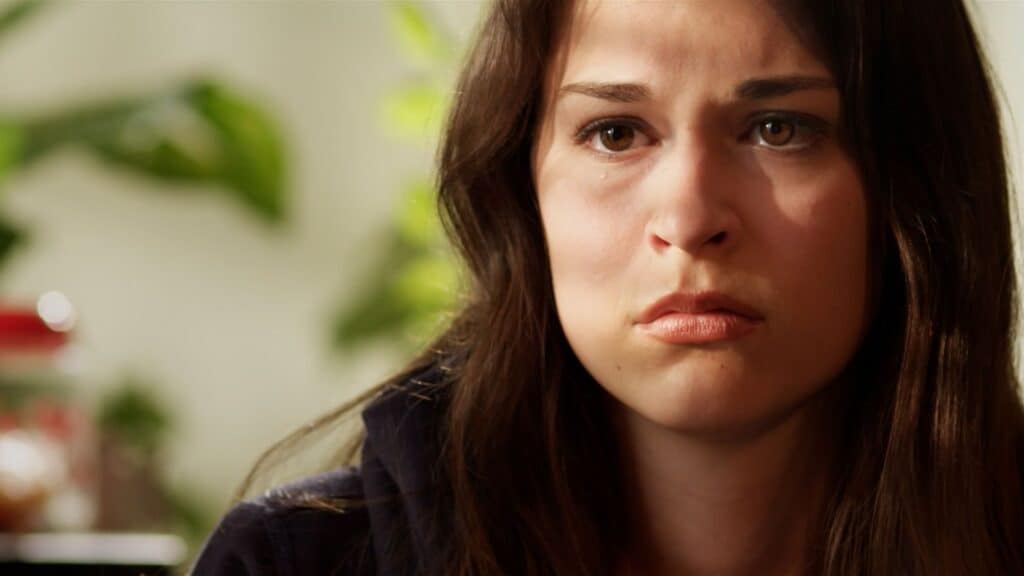
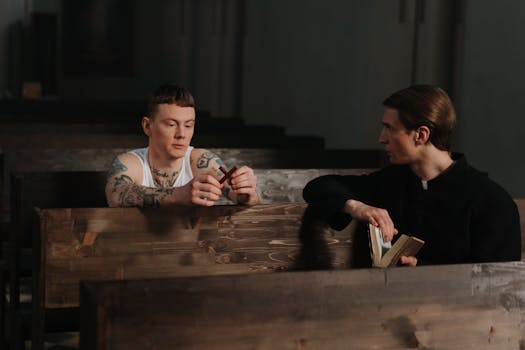
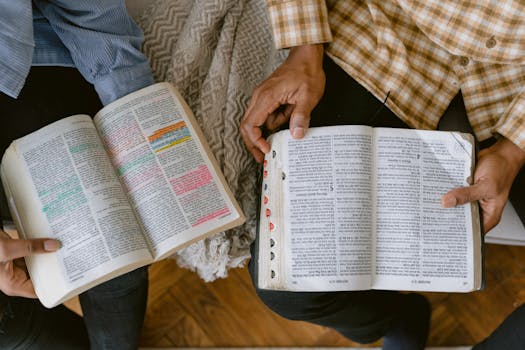
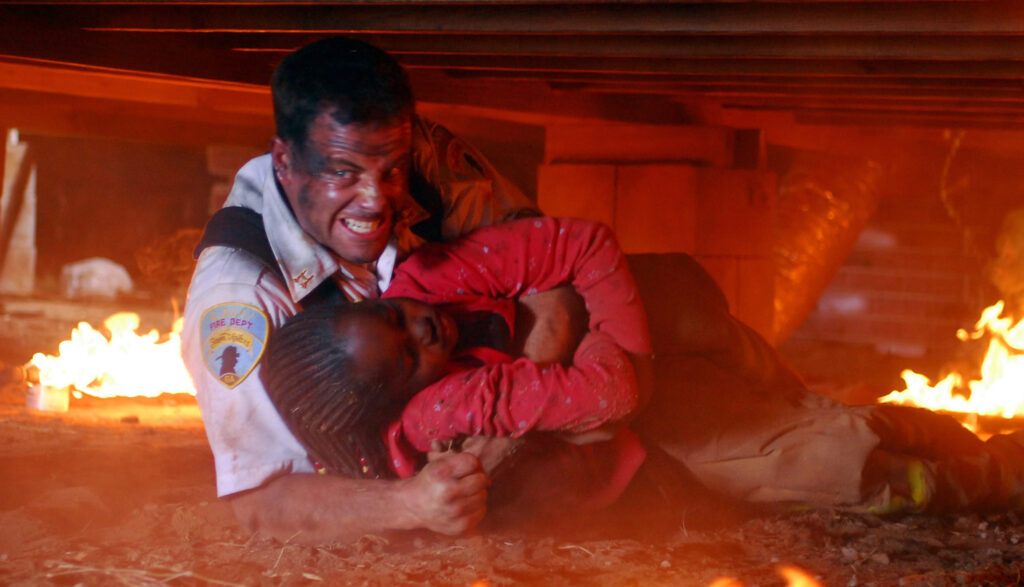


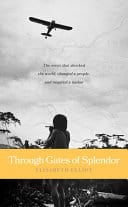
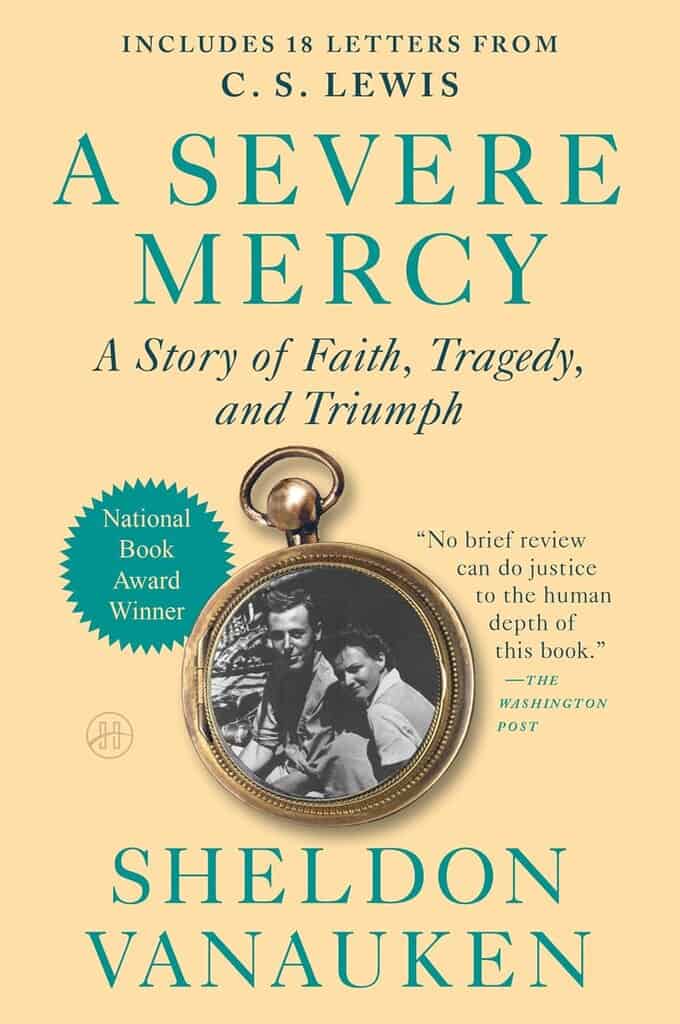
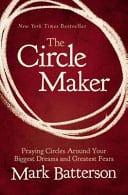


Leave a Comment